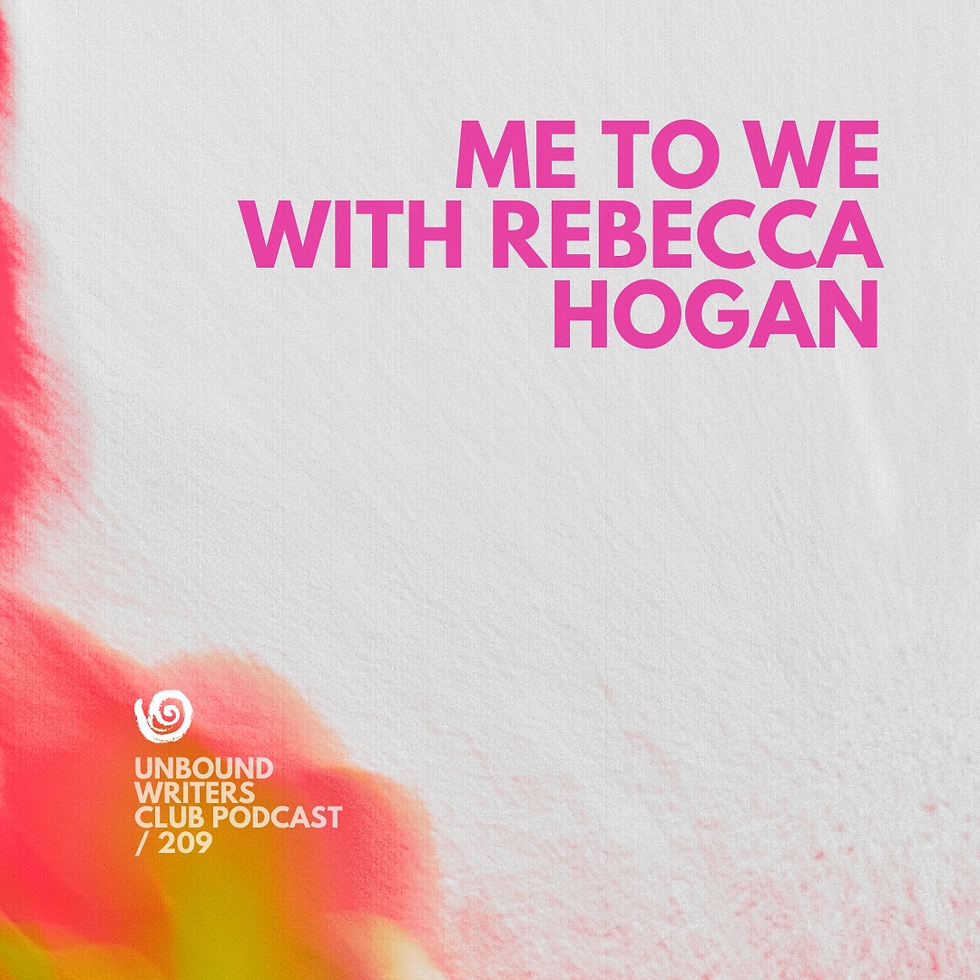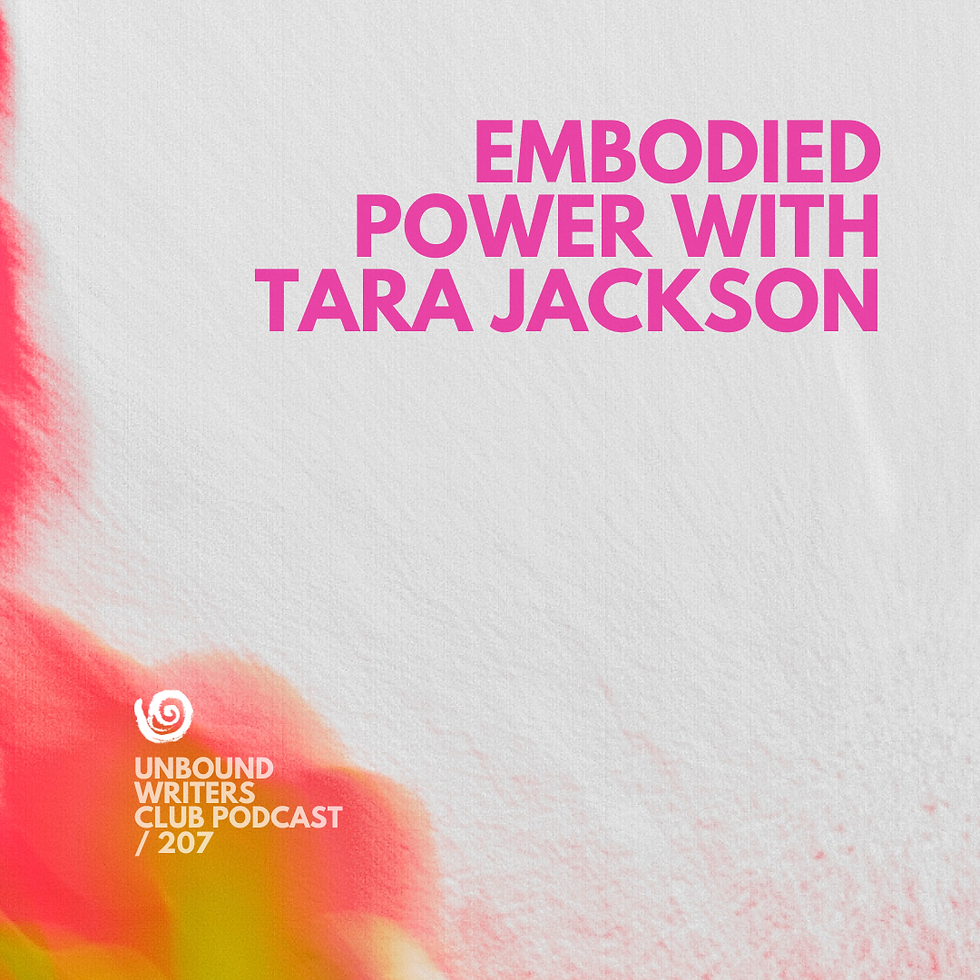How to Harness Cyclical Creativity in Your Writing
- Nicola Humber

- Jan 22, 2021
- 3 min read

Harnessing your cyclical creativity in your writing is a key element of unbound writing.
From seasonal cycles to yearly cycles, lunar cycles, life cycles and astrological cycles, cyclical living and working is part of life. Our creativity is no different.

Learning to work with and harness your own, unique creative cycles can be such a powerful tool in not only your writing, but in creating your body of work as a whole.
Rather than having this expectation that you will be able to show up in the same way every day and throughout each day day in, day out, week in, week out, month in, month out - recognise that your creative energies shift, and you feel called to be and do different things at different times.
When I was writing my first book, Heal Your Inner Good Girl, all the advice out there was really linear. There was this idea that you're not a writer unless you show up at your desk every day for a certain amount of hours each day and just push through and do it. That just didn't feel good to me.
I had already started my own business in a much more feminine energy led way, having come out of the corporate world where it's very linear and very led by masculine energy.
I'd started to hear from other amazing women like Miranda Grey, Lisa Lister, Alexandra Pope about how we weren't designed to operate in that way.
I began to realise that we have all of these different cycles that influence us in our lives. We have our own personal menstrual cycle if you have one; the cycle of the moon, the cycle of the seasons, our life cycle. Each creative project has it's own cycle as well.

This concept really spoke to me. So the idea comes, and we start to galvanise ourselves and gather momentum around that. Maybe we do some planning and go into action. But after action, we don't continue to be in action . You need to create time for actually allowing yourself to really integrate the action that you've taken, and to appreciate it. To acknowledge it. Then you go into this place of the "void" where you're just being, and there is no doing, and it's not even like there's any new ideas coming through.

In society in general, we only tend to honour and respect a very narrow part of the cycle, which is action. It's the same with writing a book; everyone talks about the actual writing and showing up for that.
But, actually there's lots of other elements of writing a book or any creative project. You will have time when you're more in planning mode. You will have time when stuff is happening under the surface, and it doesn't feel like you're actually working on your book - but there's a lot happening underneath. You'll have times when maybe you were doubting yourself, and you don't know what the next step is, and you're really feeling like you're in the void. There'll be times when you feel more called to be in editing mode.
All of these parts of the cycle are just as valid.
I think very often, particularly as women, we can beat ourselves up because of the expectation that we'll always be in action.
Yet when we allow ourselves to be, we can be really in tune with our cyclical nature, and allow it to reflect in our creativity.

So my invitation to you is to really start noticing how your own creative energies and impulses flow and shift from day to day, and throughout the day. This is a key part of how I hold space for others to write their books because I've had to find my way with this, too. I've had to give myself permission to have times where I'm feeling really fired up, and the ideas are flowing and the writing is coming really easily; and other times where I really wondered if I would ever have an idea again.
I have learned to give myself permission to be in all of those energies at different times.
Maybe you can, too?
What resonated for you from these ideas?
Did it unlock something for you to explore with your own cycles? Let me know how you explore some of the ideas here, magical one. Nicola x
Nicola Humber, Founder of The Unbound Press

For more on harnessing your cyclical nature in your writing, listen to the following podcast episodes:
For more on Unbound Writing, read Nicola's book here.





Comments